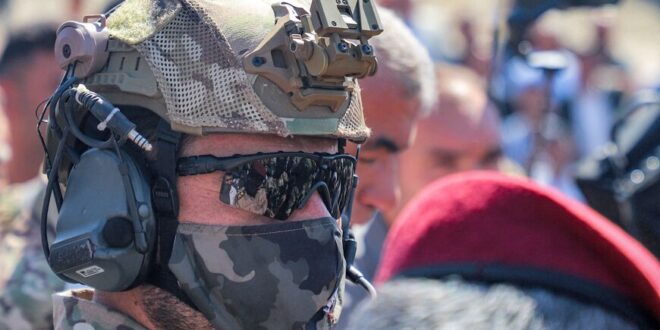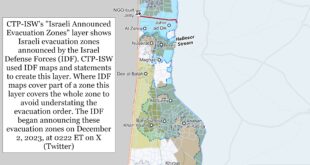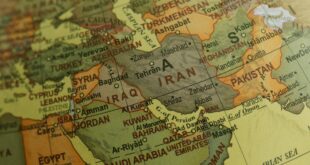The Turkish Defense Ministry said 16 new targets, including caves, bunkers and warehouses in the northern Iraqi regions of Metina, Hakurk, Gara, Qandil and Assos, were destroyed in the strikes.
Turkey carried out on Tuesday fresh airstrikes in five northern Iraqi regions in retaliation for a suicide bombing in Ankara by the outlawed Kurdistan Workers Party (PKK) over the weekend.
The Turkish Defense Ministry said 16 new targets, including caves, bunkers and warehouses in the northern Iraqi regions of Metina, Gara, Qandil, Hakurk and Assos, were destroyed in the strikes.
These airstrikes represented the second wave of attacks in northern Iraq that Turkey initiated following the assault on the main gate of Turkey’s national police headquarters in the capital on Sunday. The attack left two police officers injured and resulted in the death of two militants. Turkish forces previously hit 20 targets in Metina, Hakurk, Qandil and Gara late on Sunday. The PKK, claiming responsibility for the attack, maintains bases scattered across the mountainous region of northern Iraq. The militant group is designated as a terrorist organization by Turkey, the United States and the European Union.
Simultaneously, Turkish authorities conducted over 450 counterterrorism operations within the country on Tuesday, with Interior Minister Ali Yerlikaya announcing the rounding up of at least 90 individuals in raids across 18 different provinces, according to Turkey’s state-run Anadolu News Agency.
The Turkish Interior Ministry on Monday identified one of the assailants as PKK militant Hasan Oguz, adding that efforts to identify the others were still underway. Some Turkish media outlets claimed that the second assailant might be a foreigner; however, there was no official Turkish confirmation, and Al-Monitor could not verify this claim.
Still, in televised remarks on Tuesday, Turkish President Recep Tayyip Erdogan lashed out at Western capitals over the attack. “Undoubtedly, the messages of condolences and condemnations you convey after every terrorist act are meaningful and valuable, but … they are never sufficient for our success in the fight against terrorism,” he said.
Adding that no national security threats to his country stemmed solely from local dynamics, Erdogan said, “The overt support provided to terrorists in northern Syria is the most concrete example of this.” He was referring to the US-allied Syrian Kurdish groups that Turkey equates with the PKK.
The United States, NATO and the majority of EU capitals issued swift condemnations following the attack.
Adding that had the assailants of the Ankara attack managed to escape abroad they would “have been protected as political refugees,” Erdogan said, “Unfortunately, in such a situation, some of our friends who condemned the terrorist act would most probably deny our extradition requests.”
Turkey’s extradition requests from Western capitals have taken on new prominence as part of Sweden’s pending NATO accession. Turkey’s requests from Sweden in return for greenlighting the Nordic nation’s accession include extradition or deportation of dozens of individuals over their alleged ties to the PKK.
Sweden also condemned the attack, with Swedish Foreign Minister Tobias Billstrom saying his country “[is] standing firm in its long-term commitment and partnership with Turkey to fight all kinds of terrorism.”
In July, Erdogan pledged to send Sweden’s NATO accession protocol to the Turkish parliament after the legislative body returned from the summer recess, but Ankara’s messages over the past weeks airing grievances with Stockholm have raised question marks over the pending ratification.
Sunday’s attack, which took place nearly 300 meters (0.2 miles) from the Turkish parliament as it returned from summer recess, came at an uneasy time with Sweden. Two days prior to the attack, an anti-Erdogan protest took place near the Turkish Embassy in Stockholm and drew harsh condemnations from the Turkish government.
Accusing Swedish authorities of being reckless and lax, Erdogan’s spokesman, Akif Cagatay Kilic, said, “All kinds of crimes and insults have become free in Sweden under the disguise of freedom.”
Hungary and Turkey are the sole holdouts to ratifying Sweden’s accession. NATO’s decision-making process requires consensus among all member states.
 Eurasia Press & News
Eurasia Press & News




